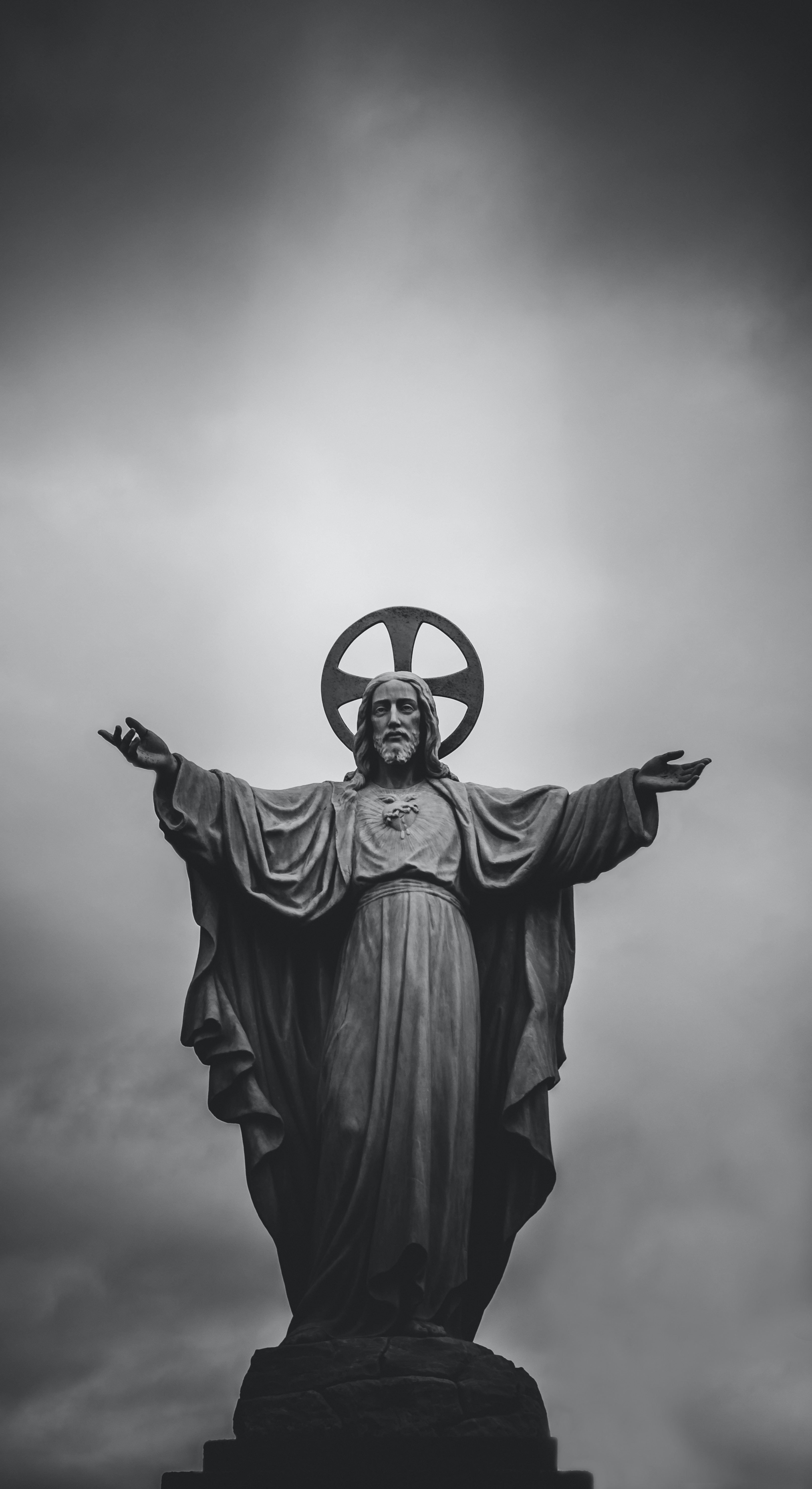
VATICAN CITY (CNS) -- The Holy Spirit is like a line prompter at a theater, behind the scenes and constantly whispering to Christians the words of Jesus, said the preacher of the papal household.
"However, he does not mechanically suggest the words of the Gospel, like from a script, but explains them, adapts them and applies them to specific situations," Cardinal Raniero Cantalamessa told Pope Francis, cardinals and members of the Roman Curia.
Concluding his series of Friday Lenten meditations March 22, Cardinal Cantalamessa insisted that listening to the Holy Spirit and discerning what the Spirit is saying to individuals and to the church at large is an exercise essential to following Jesus.
"We don't start out knowing the concrete path of holiness God wants for each of us," he said. "God reveals it step by step, so it is not enough to have a well-crafted plan and then follow it. There is no model of perfection that is identical for everyone."
God does not produce saints with a cookie cutter -- "God does not like cloning," he said. "Every saint is an original invention of the Spirit."
Faith, for a Christian, is not just a belief or even a feeling of love for the Lord, the cardinal said, it is a call to follow Jesus concretely in the way one lives and shares in the mission of the church.
And that, too, is different for each person, he said.
A person comes to understand their unique call through prayer, meditating on Scripture, speaking with a spiritual guide and following the teaching of the church, he said. But especially important are the promptings and inspiration of the Holy Spirit, which also give the person "the necessary strength and often the joy to accomplish it if the person consents."
Of course, Cardinal Cantalamessa said, understanding that call requires discernment, which is not as easy as judging something as good or bad.
"The most delicate problem about inspirations has always been to discern those that come from the Spirit of God from those that come from the spirit of the world or from your own passions or from the evil spirit," he said.
Jesus told his disciples that a true or false prophecy can be judged by the fruit it produces, the cardinal said, which is a helpful thing to keep in mind as the universal church continues to grow in the process of synodality and its encouragement to listen and pray together to discover the promptings of the Holy Spirit for sharing the Gospel today.
"In the moral field," Cardinal Cantalamessa said, "a fundamental criterion is the Spirit's coherence with itself. One cannot ask for something that is contrary to divine will as expressed in the Scriptures, in the teaching of the church and in the obligations of one's own state in life. A divine inspiration will never ask one to do something the church considers immoral."
"The flesh," he said, tries to make its own arguments and sometimes they sound good, "for example, that God is love and everything that is done for love is from God."
St. Ignatius of Loyola taught that "what comes from the Spirit of God brings with it joy, peace, tranquility, sweetness, simplicity, light. What comes from the spirit of evil, instead, brings with it disturbance, agitation, anxiety, confusion, darkness," he said.
"But it is true that in practice things are more complex," he said. "Inspiration can come from God, and despite that, cause great disturbance. But this is not due to the inspiration, which is sweet and peaceful like everything that comes from God. Rather it is born from resistance to the inspiration or from the fact that we are not ready to do what we are asked to do."
However, he said, "if inspiration is accepted, the heart will soon find itself in a deep peace. God rewards every little victory in this area by making the soul feel its approval, which is the most beautiful thing, the purest joy that exists in this world."

